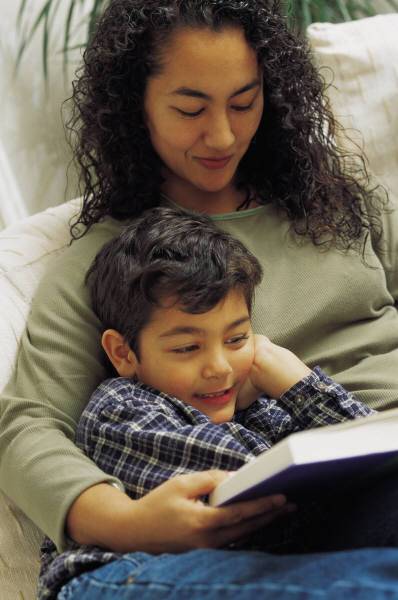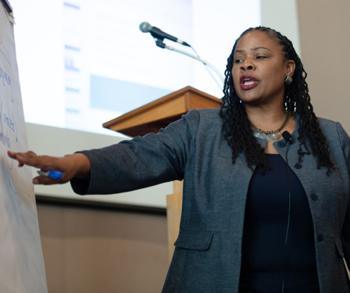A note to everyone. Beginning today, I will be adding a weekly post about literacy and reading development in addition to writing about CRT. So look for my literacy post on Thursdays and culturally responsive teaching posts on Mondays.
Ok. There. I said it. I believe we are overselling the power of reading aloud one’s child as a strategy to improve reading achievement among African American, Latino, and poor students.
When I tell people that I am a writer, former English teacher, literacy consultant, and reading tutor trainer they assume that my attachment to words and language all began in the cradle when my mother read to me.
I love telling folks that my mother never read a single book aloud to me when I was a child — ever. And look at me. I turned out with a large and varied vocabulary while growing up in poverty to a single mother who had three children by the time she was 22 years old and was too busy working and keeping us fed to read to me.
Over the last few weeks I found myself in more than one conversation about vocabulary development and word poverty among low-income preschool-aged children and folks keep pointing to reading aloud as the cure.
Reading aloud to young children is important for laying a strong emotional and cognitive foundation for reading, but it is just the starting point.
The 30 Million-Word Gap
Word wealth is where the power is. Word wealth is the opposite of word poverty. Word poverty is the reality that low-income children, a disproportionate number of whom are children of color, come to school with much smaller oral vocabulary and even very few complex words that allow them to do higher order thinking or read complex texts. According to the famous study by Hart and Risely, by age 4, the average low-income child accumulates 13 million word experiences in his vocabulary while a child from an upper class family may have more than three times that many , reaching close to 45 million words experiences.
Words = Thinking
The number of words one knows as well as the depth of understanding of those words is related to the ability to think. For example, a child who knows the words big and little can certainly think in terms of size and compare objects. But a child who has also learned the words wide, narrow, tall, short, tiny, low, and high has a whole bank of words that help her understand things in deeper ways.
Here is the problem. Just hearing words doesn’t lead to that word becoming a part of a person’s vocabulary. Word learning needs to be much more interactive and explicit.
We need to tell parents the whole truth if we really want to ensure every child is a proficient reader by third grade: Reading picture books to your child is important and necessary for your child’s brain development but not sufficient for his vocabulary development.
So how do we help cure word poverty and create word wealth? I’ll answer that question in the next post.
What has been you experience helping young children build and expand their vocabulary beyond the read aloud experience? Leave a comment below


